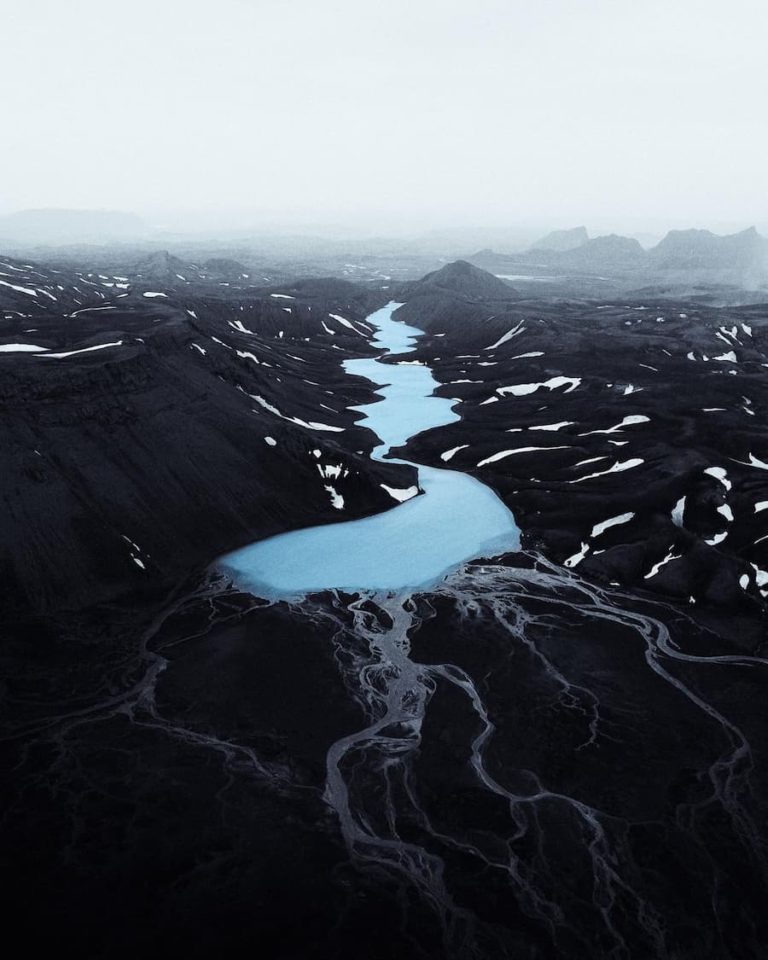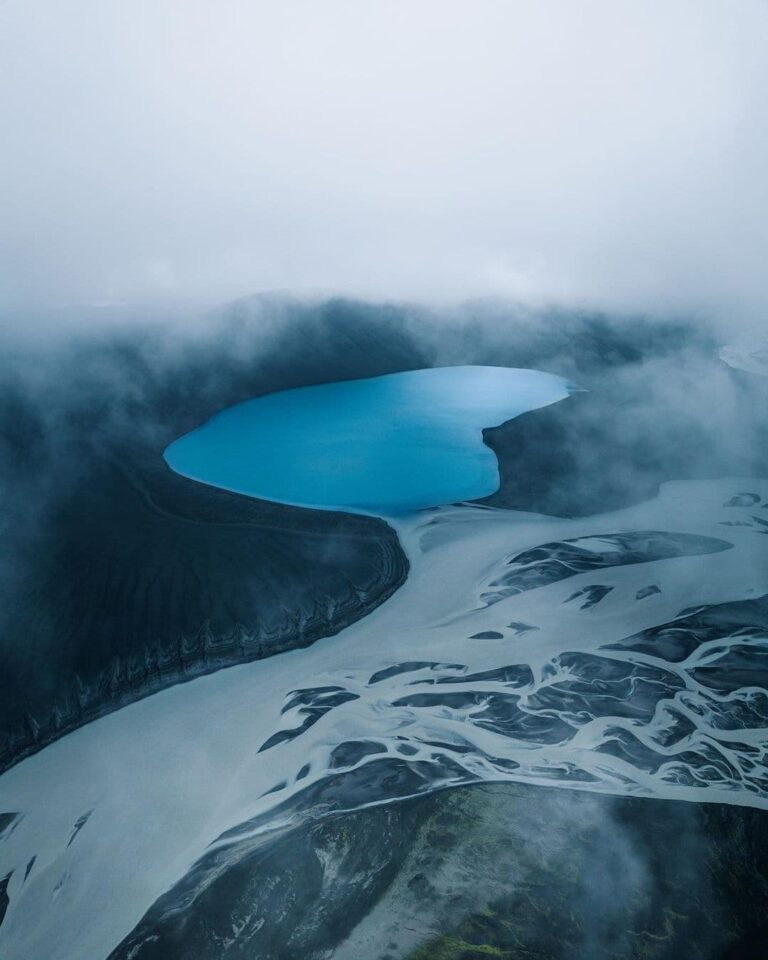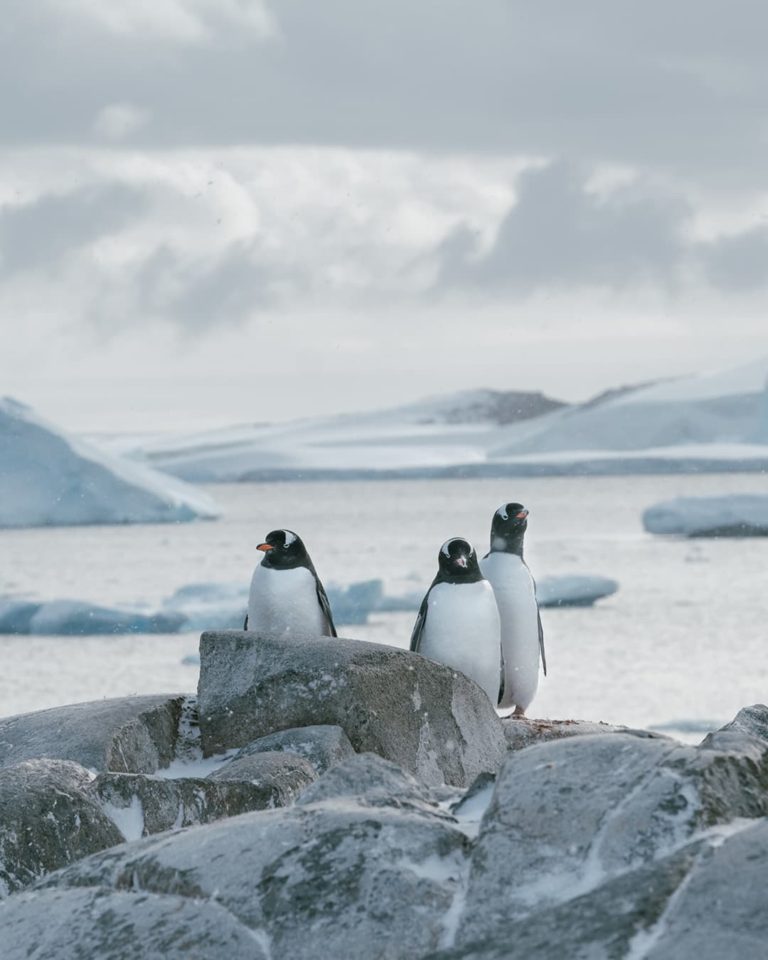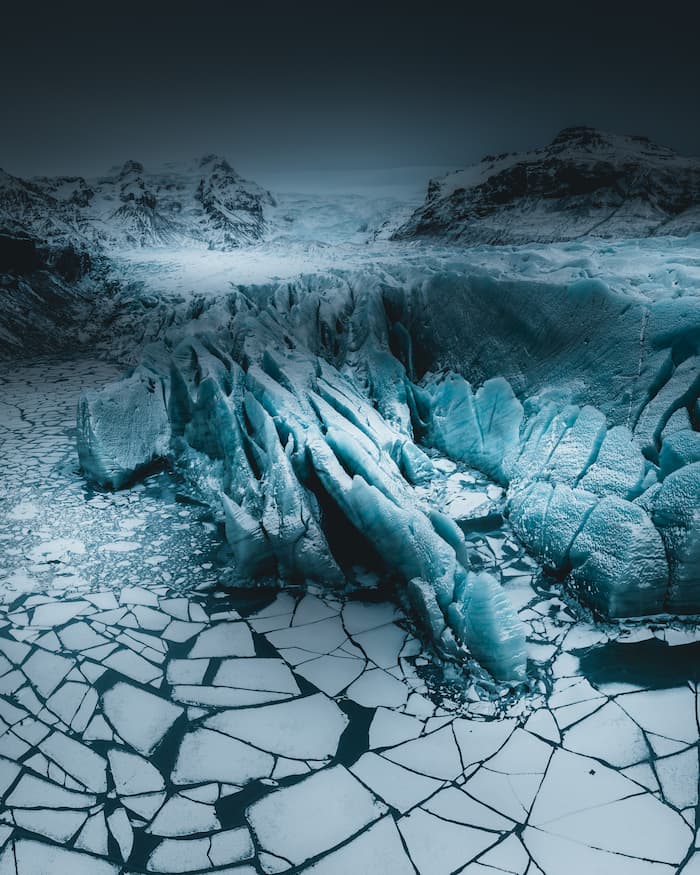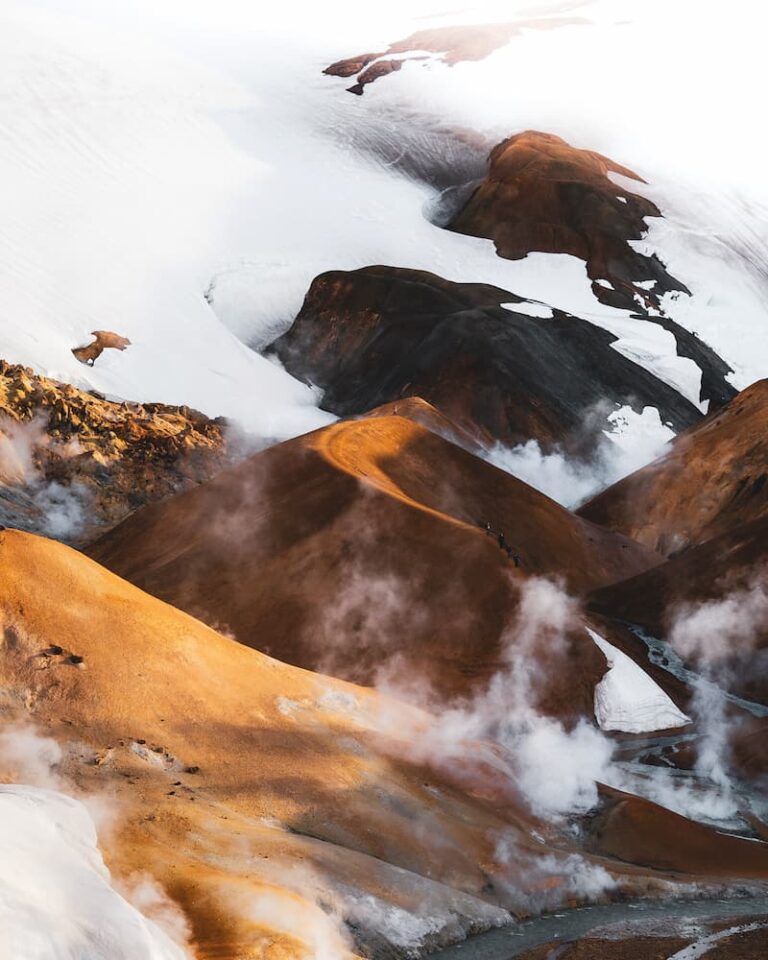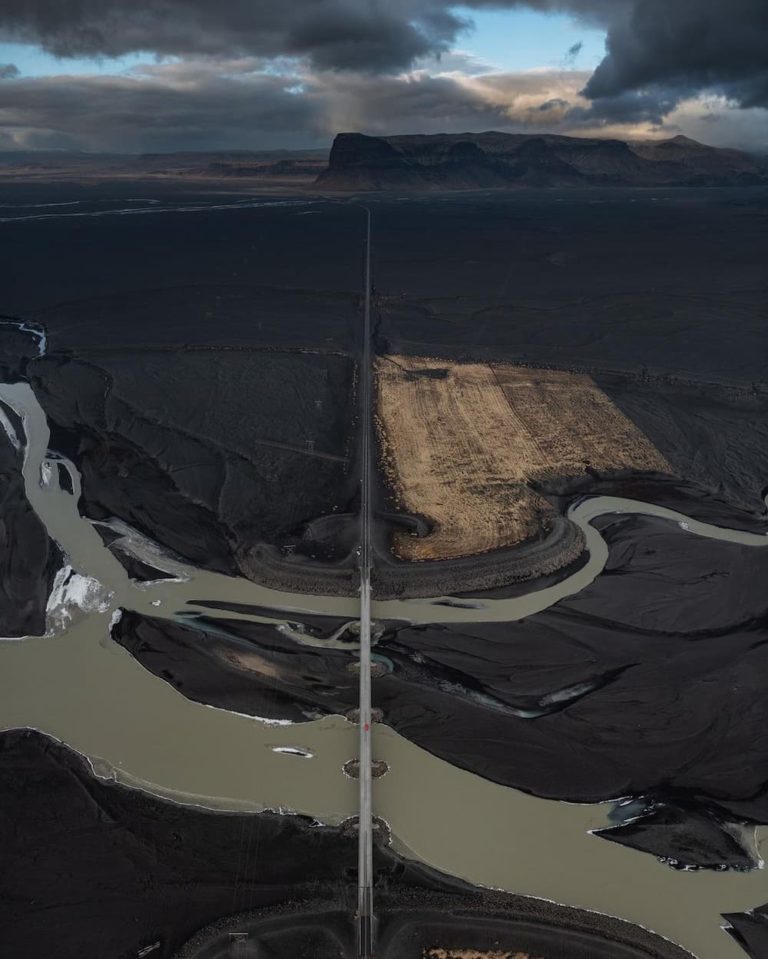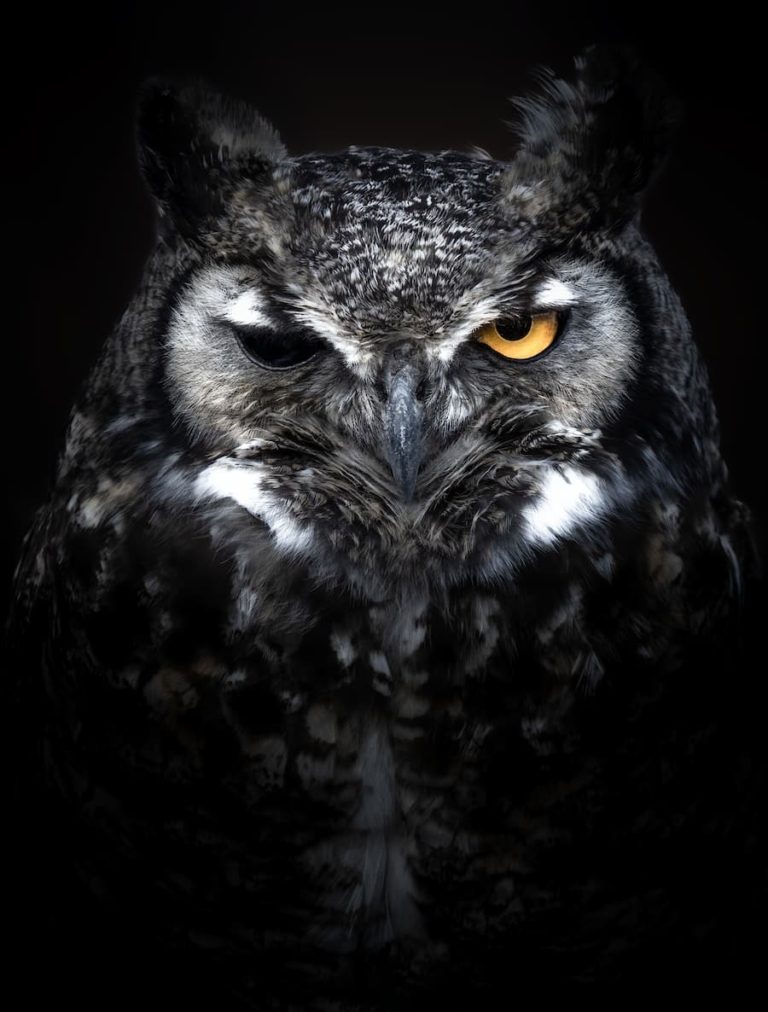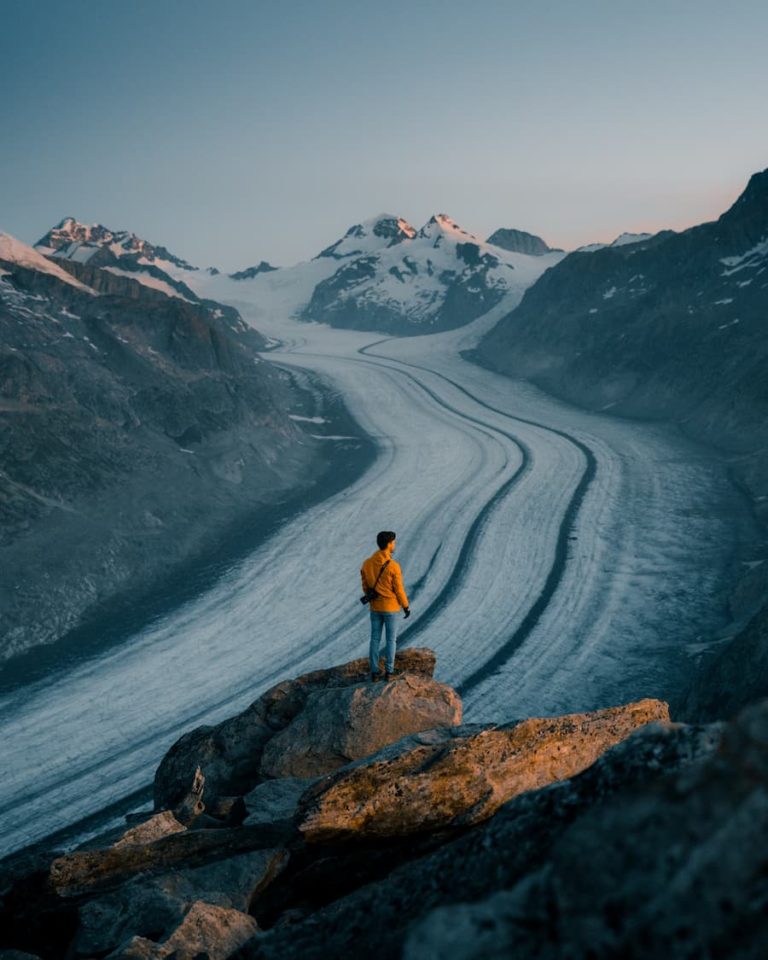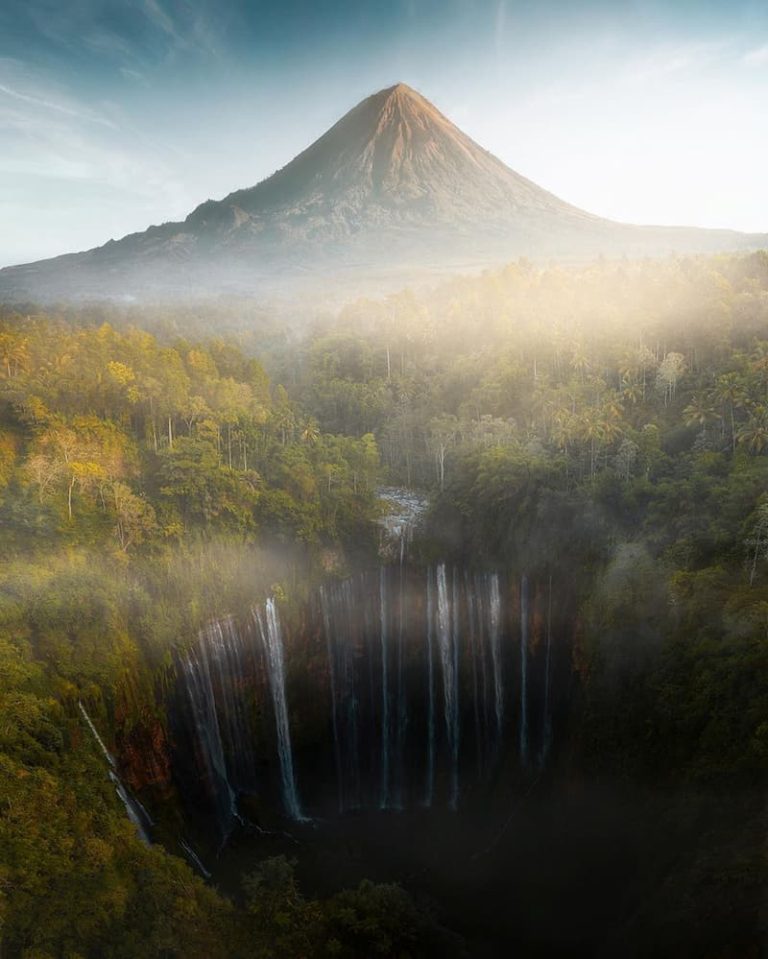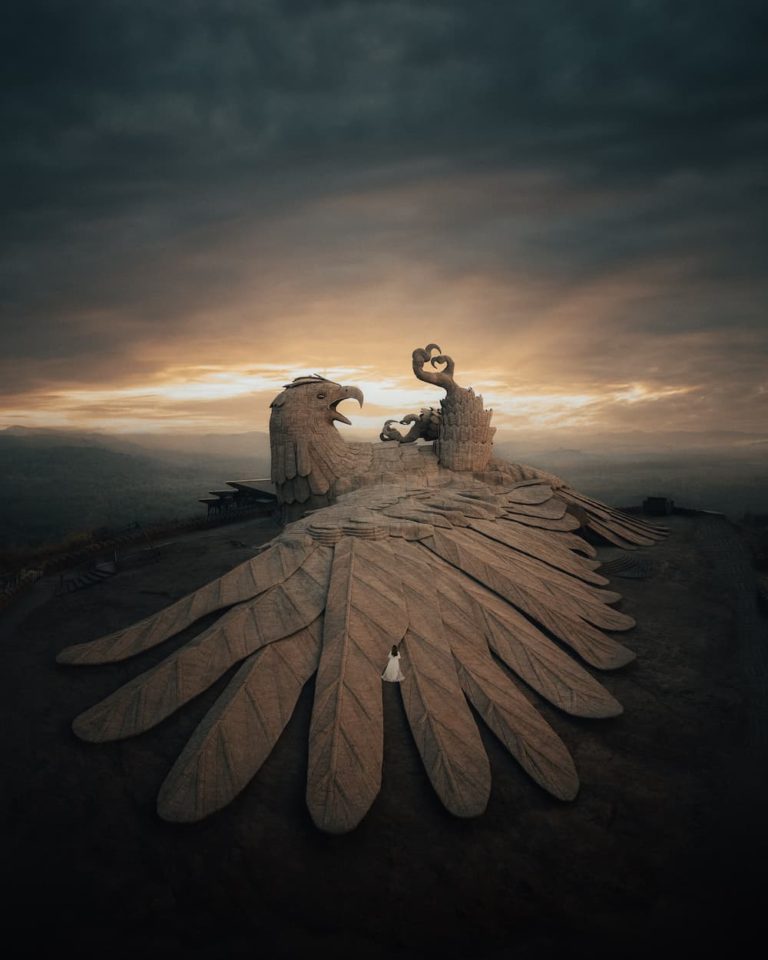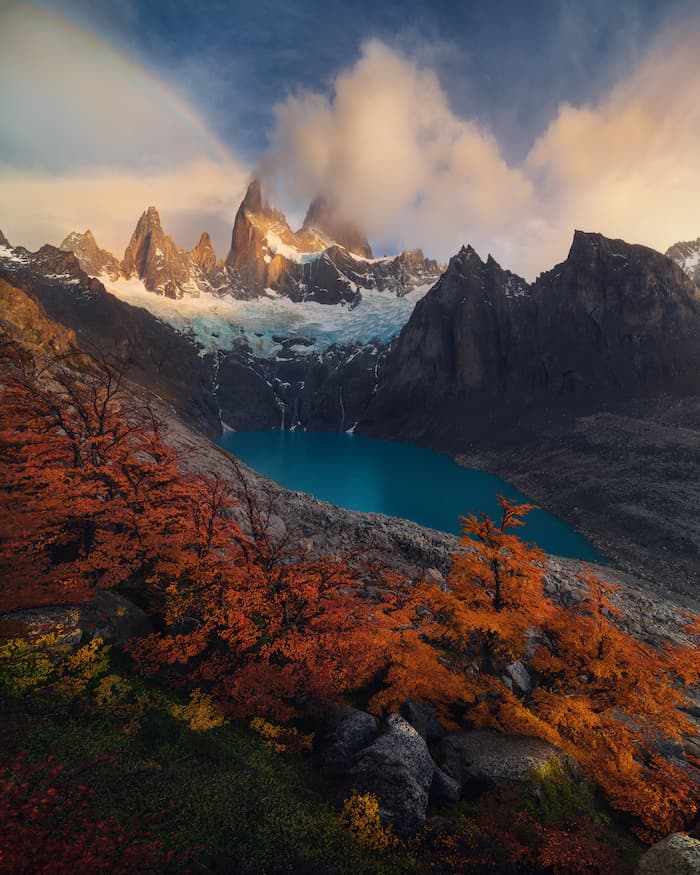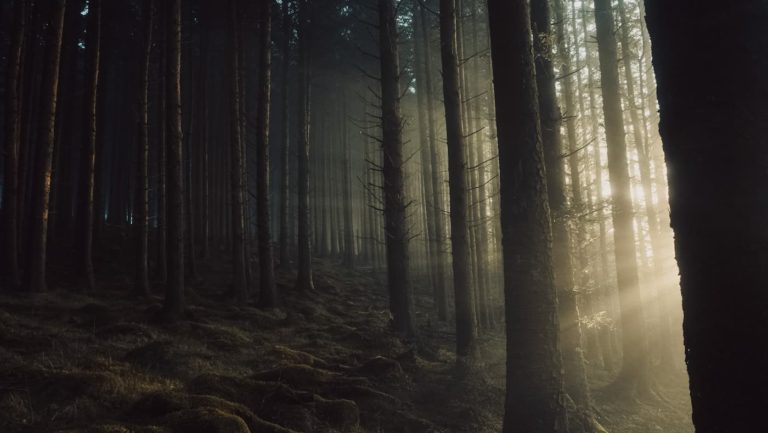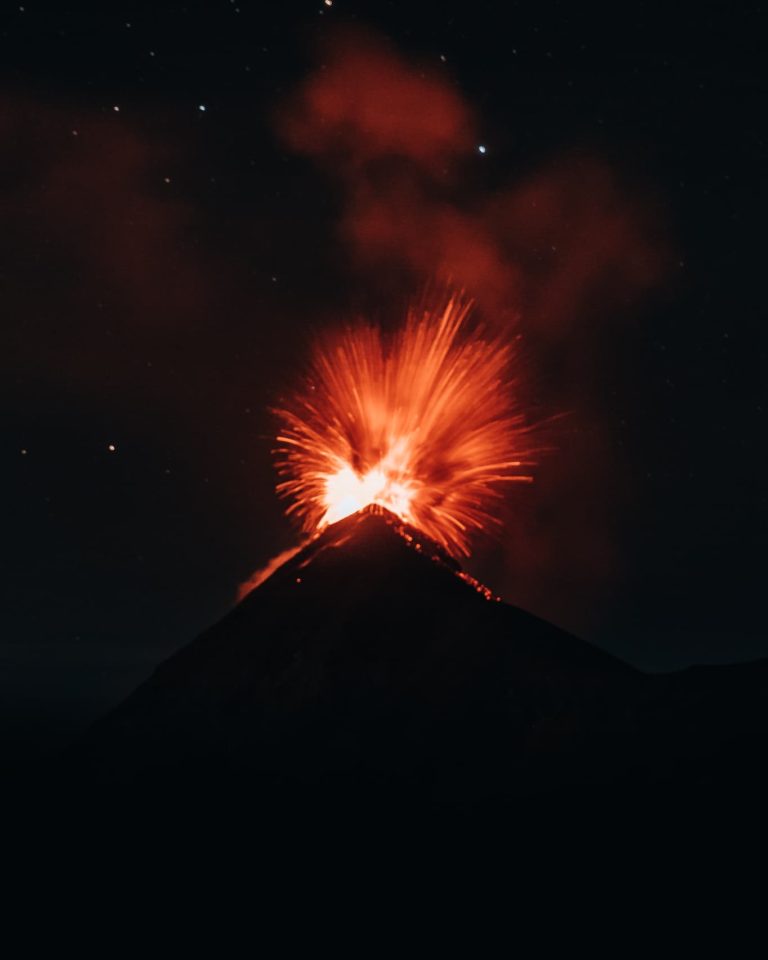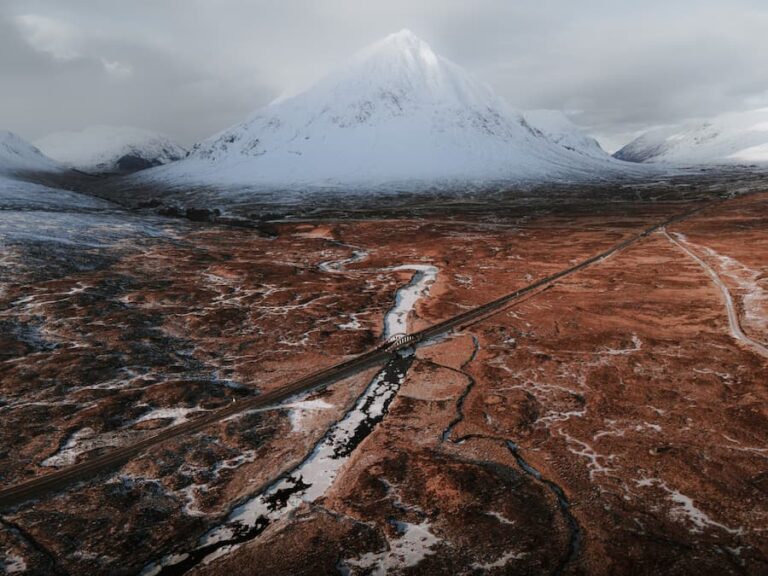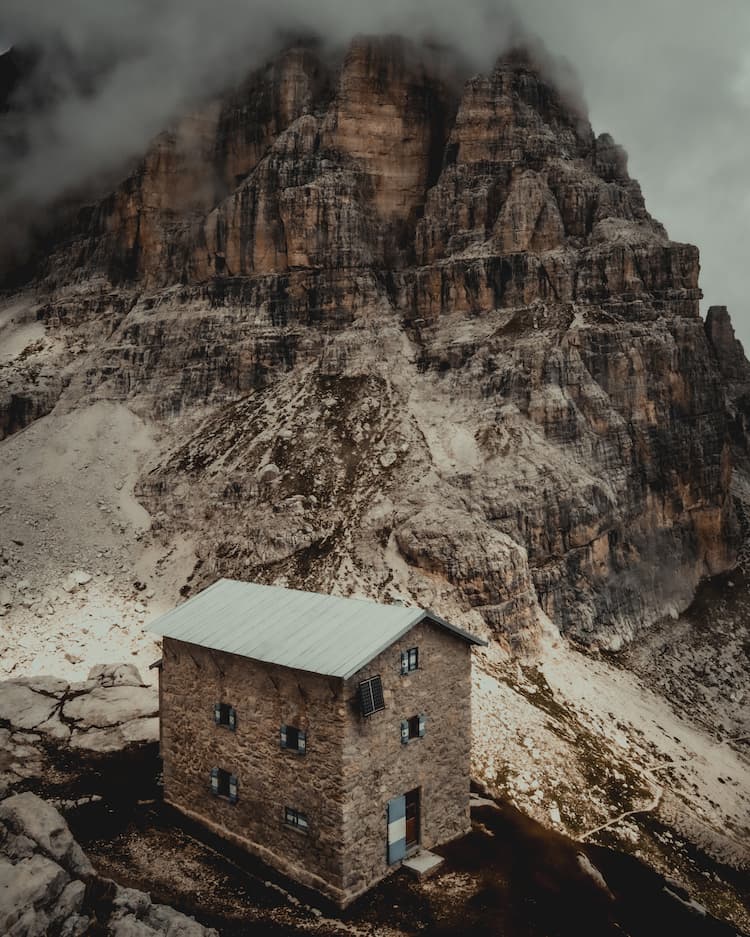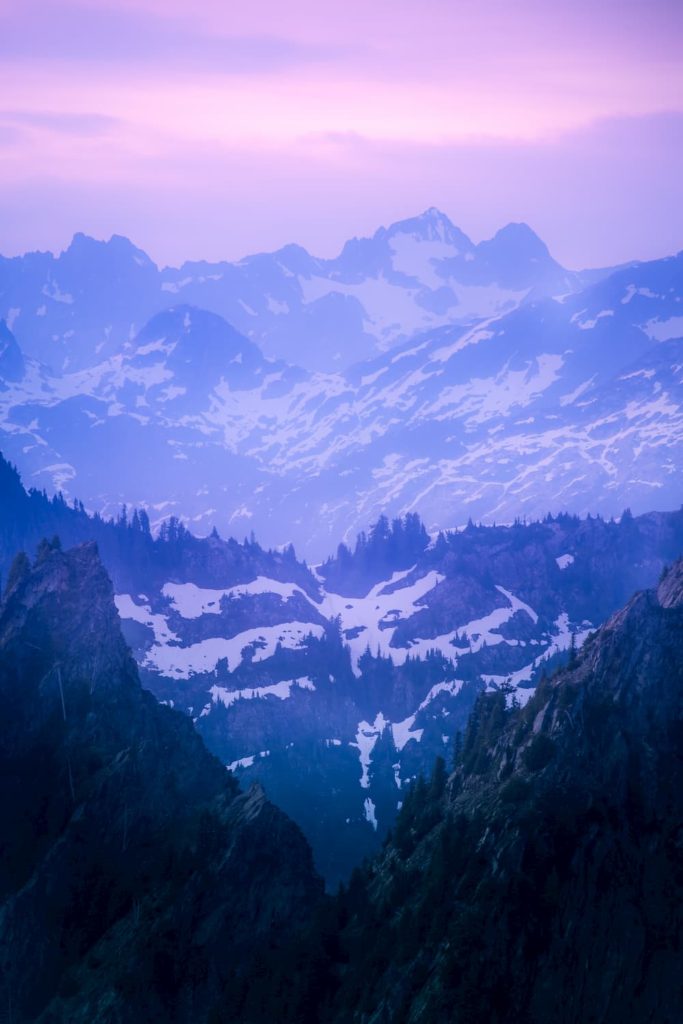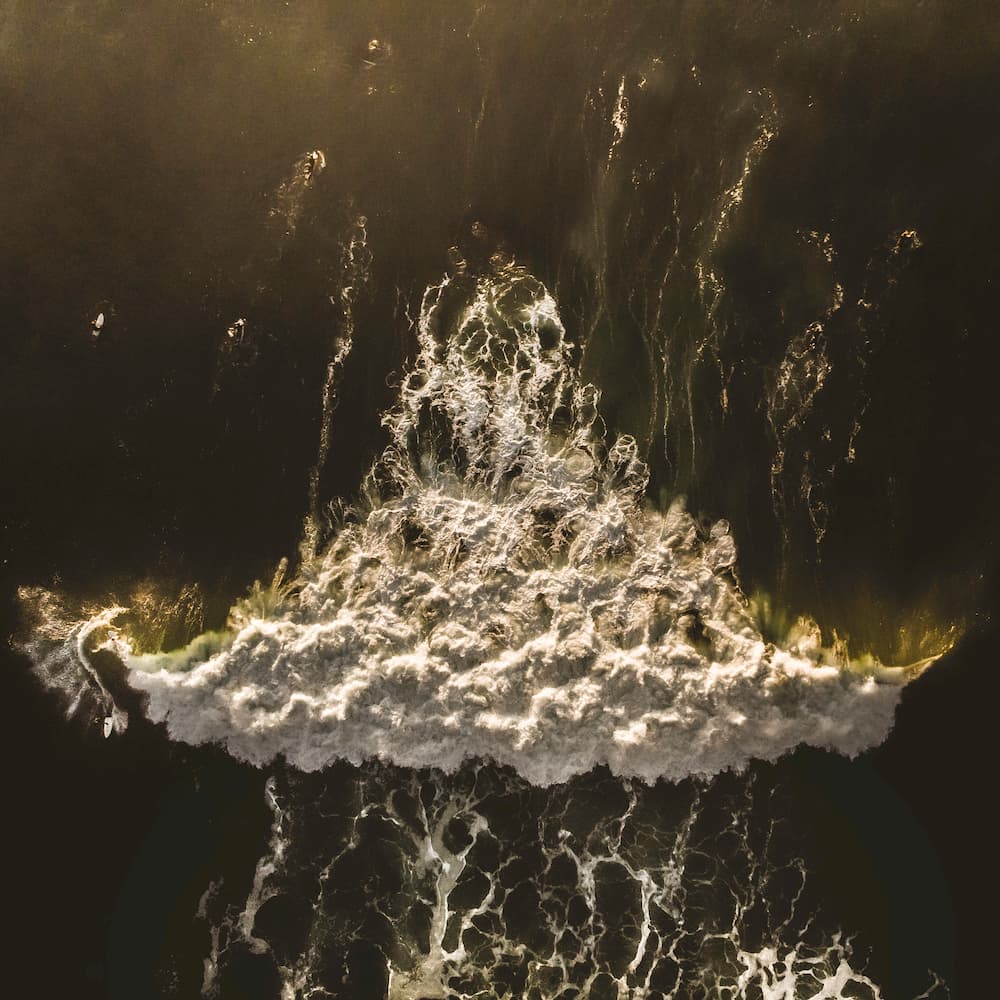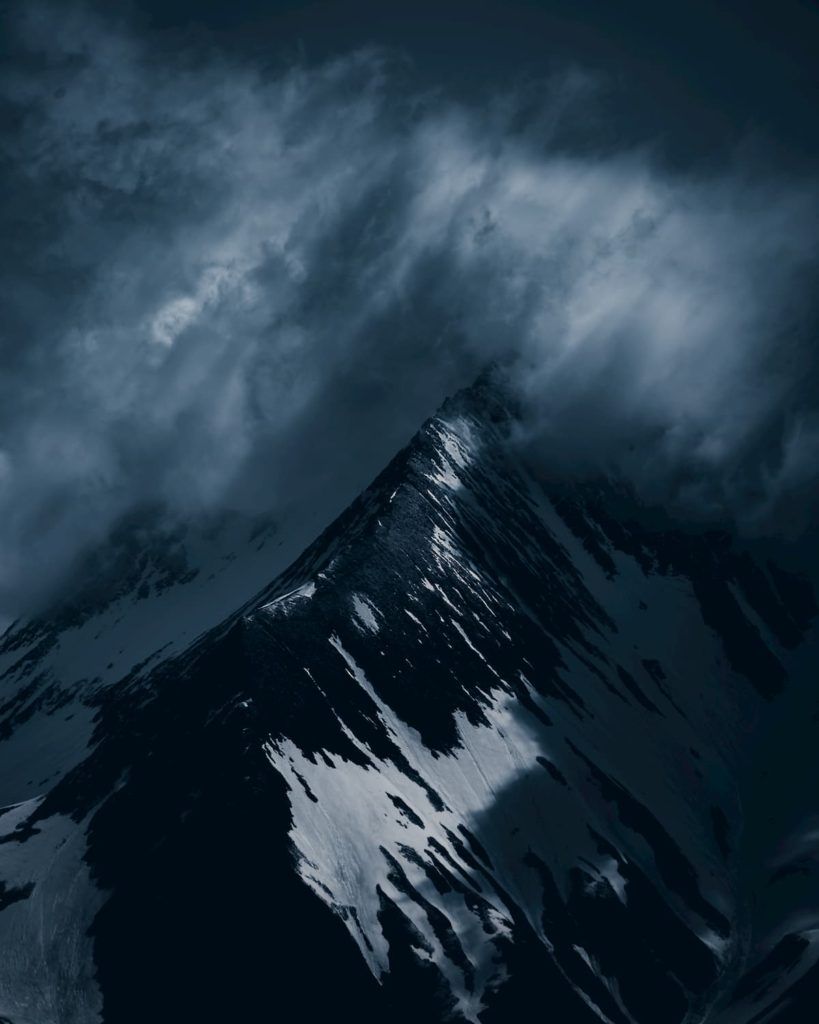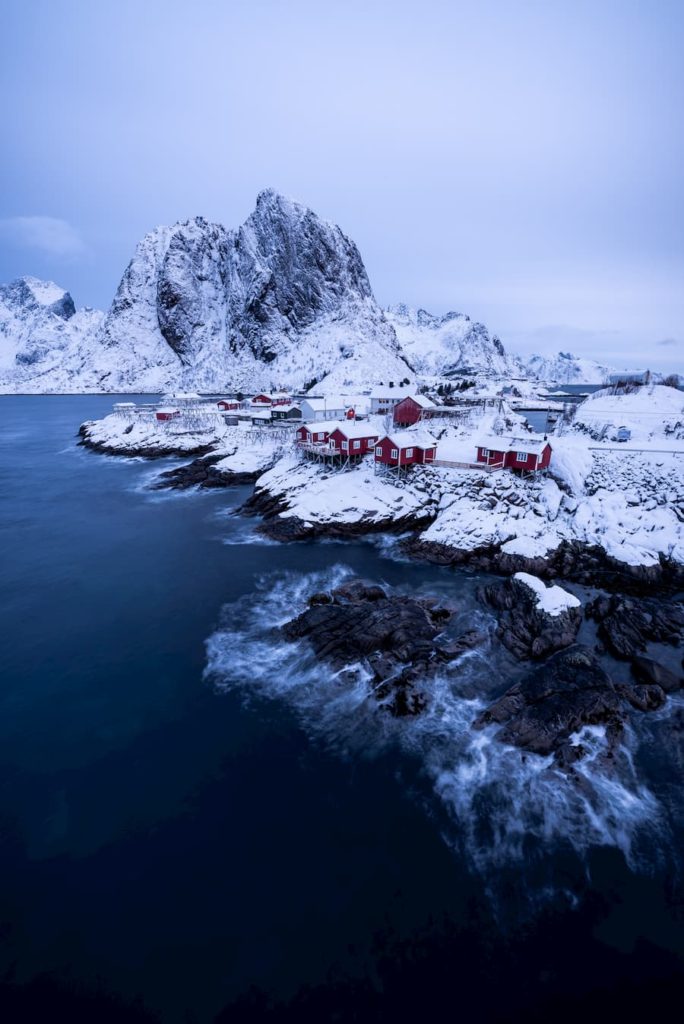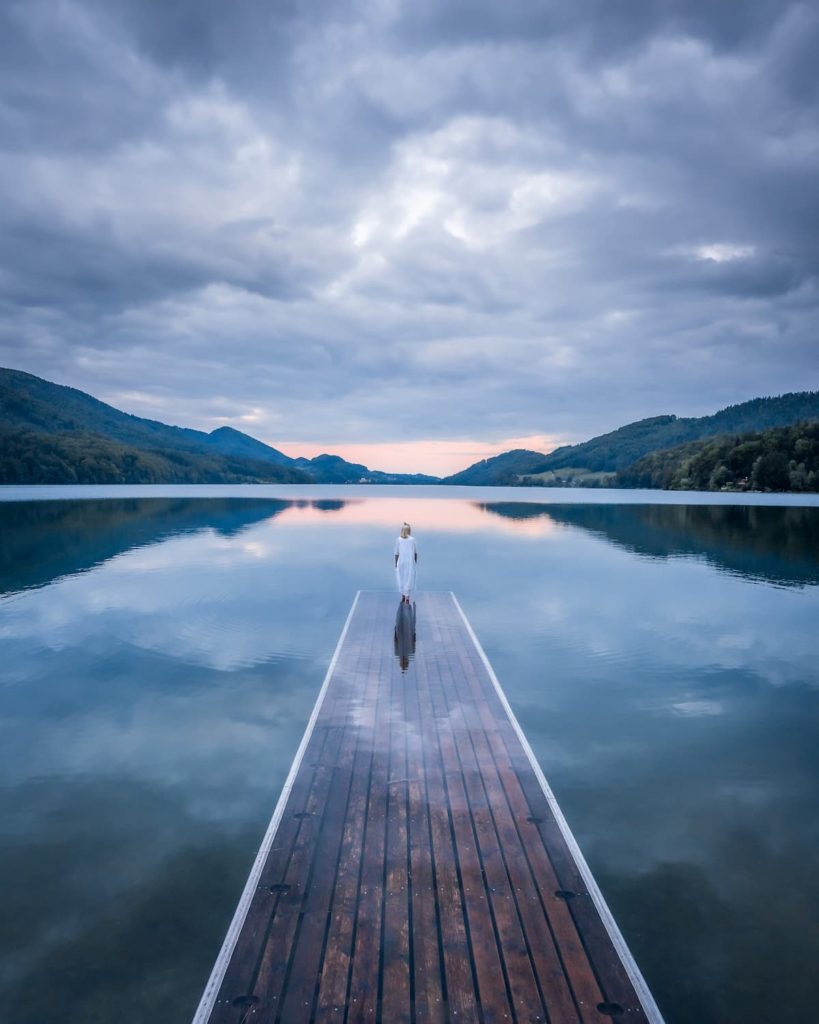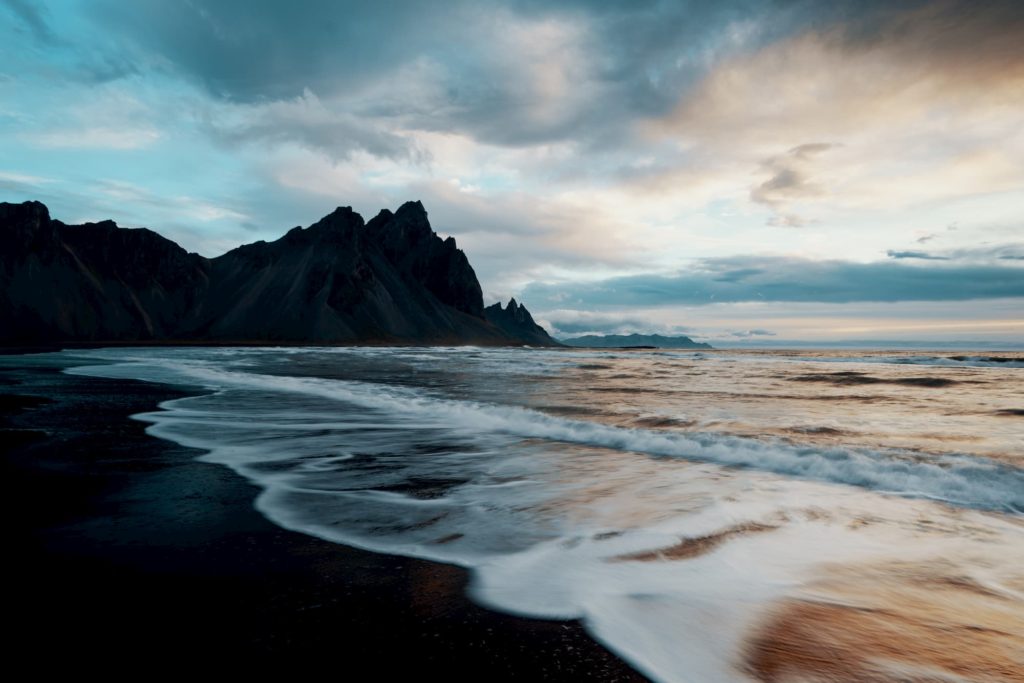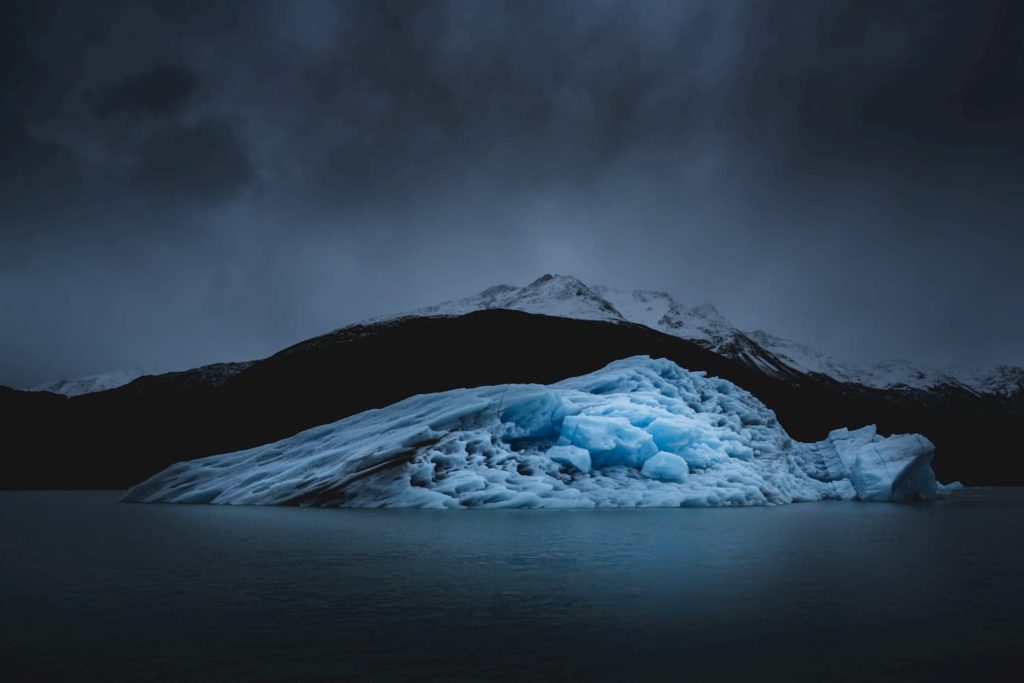
You’re at the point where you want to improve your photography skills. Camera in hand, ready to go. But how do you actually get started in photography? Nowadays, you’ll find endless possibilities and information. All the do’s and don’ts, different techniques, and more.
It wouldn’t be the first time to hear it’s overwhelming.
If you don’t know where to begin but somehow ended up here on this page: here is a pretty good way to start! We highlighted 8 expert tips for beginners that tell you exactly how to get started in photography, starting today. Because what better way to learn than from established photographers?
(1) Find your inspiration
Inspiration can be found even in the oddest of places. There are countless photography styles and niches to explore, and perhaps you’ve already found yours. If not, ask yourself the following questions:
What is it that made me want to pursue photography?
What or who inspires me?
Why does it move me?
What story do I want to tell?
You can find your source of inspiration in the answers. For example, @beaventures asks herself ‘why does it attract me’. She discovered she loves the combination of elements and needs a target to act as a hero in her frame. It helps to have a few different themes in mind during your visit, @thrainnko told us. It gives more focus than going out there and just shooting something.
The wonderful thing about your source of inspiration is it’s not set in stone – it can change and move in your direction. Don’t be afraid to try different things and shake up your approach. Finding your inspiration means following that which gives your creativity a boost. Give yourself time to discover what you’re drawn to and dive in.
(2) Research your location
If you don’t know where you’re going, it can be challenging to get there.
So, before heading out to shoot, you need an idea of where you’re going. That’s where location scouting comes in handy, and researching the ideal location is crucial. It helps you get to the right place at the right time, using the light in the best possible way (@gaukurfromiceland).
You can research locations other photographers have gone to, but @thrainnko also recommends looking outside the main social media platforms for some fresh locations. “There’s so much out there that isn’t being explored or shared.” The fun thing is that you can try to capture unseen perspectives (@catching_the_light).
Another approach is to use photo books, maps, or digital maps and hover over different locations. Zoom in and out to discover its accessibility, its surroundings and to spot if there’s something that you want to photograph. Also, pay attention to the weather conditions. Especially in places where weather plays an important role, says @hollowsun. But don’t be too bummed out when the weather conditions aren’t ideal. Bad weather can definitely help in telling unique stories (@kevinpages_)!
(3) Get to know your camera
You’ve found your source of inspiration and location. Time to get your hands on a good camera.
And we leave ‘good’ up to your interpretation.
Ultimately, the best camera is the one with you, but it’s important to find the right system for your needs. As @loaks.photographer once said, the camera is the instrument that gives an even more intense insight into our world. Thus, you have to choose the camera that suits you best and fits your needs.
So, whether that be your smartphone, a DSLR, or a mirrorless camera: take your time to get to know various cameras from different manufacturers. And also feel at hand and how their menu flow is. (@fotokathagrafie)
A great way to get to know your camera is going manual. Manual mode is ideal (@brookelittlebear) to capture each image differently and discover how settings affect the image. Yes, it can be increasingly challenging and more time-consuming than automatic settings, but you learn more on a technical and creative level. Under most circumstances, your settings are the easiest to control and allow you to get to know your camera fully. “With practice, operating the camera becomes more and more automatic” @loaks.photographer. In the end, you’ll learn what works best for you.
(4) Learn the compositional basics
Talking about getting to know your camera, did you ever wonder why you were inspired by the work of other artists? Why does an image make it so hard to look away? It may well be that the photographer knew their camera by heart and applied some compositional basics.
Compositional basics like the rule of thirds, golden ratio, leading lines, and negative space can help create the image you have in mind and give it that special effect. In photography, it’s important to be aware of your surroundings. After all, your surroundings directly influence your photography. Take a moment to study the environment. Observe the subject you want to photograph and think of ways you want to frame your shot.
The rule of thirds simplifies the golden ratio (1.618 to 1) and is everywhere in nature. To apply this compositional rule, place two imaginary horizontal lines on your landscape, one at 1/3 and the second at 2/3. Then place two lines vertically at 1/3 and 2/3. As a result, you’ll get a grid that divides your scene into nine rectangular areas. By placing your subject at one of the intersecting points, the image becomes more aesthetically pleasing, @long.explorer explains.
@felgra_photography uses leading lines and side lighting as essential parts of his strategy to create great visual content. Also, achieving a sense of scale can also help bring out an eye-catching composition. For this, focus on a particular foreground, the main subject, and a meaningful background.
(5) Get comfortable with editing
Editing brings a whole new level of creativity into play, and many factors can influence your approach. But no need to worry! Even though editing is a puzzle, you can make it as easy or as detailed as you like.
Most importantly, have fun adjusting and see which edits you like most, says @gianluigi.palomba. Besides, don’t be overly critical of your work. The ongoing stream of content on social media makes it hard not to compare your work, but this can leave you inadequate instead of satisfied. When you practice and improve your editing skills, you’ll ultimately see the results you aim for.
If you have a clear vision of what you want, adjust the colors, exposure, contrast, and other elements of the image. This can help convey the emotions and feelings of that place to the viewer (@davidaguilar_photo). It helps you with storytelling and distinguishes your work from others, as @savad.monk says. Even though others might not like the vision, your editing style is yours alone. It should bring you joy and peace. @long.explorer tries to approach the process without wondering if the masses will like it or not. That way, you can create something personal and unique while getting better as a creative.
(6) Create your workflow
A workflow is a system you can create to help you manage your processes and tasks. Establishing a workflow brings more awareness to the different parts of your tasks and brings clarity where normally it would be a bit of a mess.
You can start by preparing an easy workflow based on these 8 tips. Set up your gear and make a plan of action. When shooting, know what you want to shoot and what is necessary to get the desired results. After you’re done taking photos in the field, you return to edit and process your images. When the last images have been edited, you deliver the final photos.
Don’t make your workflow too jampacked or set unrealistic goals for yourself. Keeping your workflow as simple as possible supports your productivity and keeps your content creation flowing. (@intenttobe)
(7) Learn from the community
Starting in photography can be daunting. The endless stream of information about photography gear, techniques, and do’s and don’ts can leave you exhausted. That’s the moment you need to know there’s a whole community of photographers out there. Many of them have been in your position, found support and inspiration from others, and got the boost to go forward. Even when it gets rougher than you imagined. As @uhurupic tells us, everything he learned in video and photography, he owes to the thousands of enthusiasts who share their knowledge on the internet.
(8) Experiment with patience
Now. Allow yourself to forget the tips we gave you and experiment. Why? Well, there is no right or wrong in photography, as @billyclicks says. There are no limits to what you can do. As long as you don’t hurt others by exercising your passion, you can choose your path. And that’s exactly what makes photography so timeless.
While trying many techniques and editing in different styles, be aware that the photography field is going to require lots of patience. To simply sit and wait for the right moment, says @lomscape. It’s about discovering what works for you and what does not, what makes you happy in the process.
Consistency, patience, and creativity are important components to keep going. Also, don’t expect to become an expert overnight or put unnecessary pressure on yourself. Keep learning and give yourself time to develop.
Enjoy the journey!
When you embark on your photography journey, make space for having fun. Exploring a newfound passion can be exciting and terrifying at the same time. Even though failing will probably be a big part when starting in photography, know it’s a learning opportunity. With that, it’s good to pause every once in a while to figure out where you’re going and to see how far you’ve come.
See you out there!
Philine Bernard is a freelance copywriter and landscape photographer, excited to combine her passions for Nomadict. Born and raised in the Netherlands, she’s happiest traveling and being outdoors, capturing moments along the way. When without a camera, she partners with companies and organizations to write content that connects and encourages healthy growth.
Give her a follow @philine.bernard or check out her portfolio at www.philinebernard.com. For creative writing, you’ll best find her at www.philter.online.
Would you like content like this sent to your inbox?
NOMADICT
ART GALLERY
THE LATEST STORIES
WRITEN WITH PASSION TO INSPIRE YOU
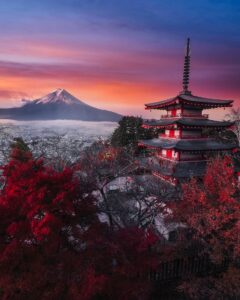
Sebastian Tan (@quetzalcoatlst): Best of the Week 44 at #nomadict
Driven by a desire to witness the world in its rawest states, Sebastian Tan pursues remote landscapes with patience and precision. Blending meticulous planning with resilience, his work transforms fleeting light into immersive fine art. Recognized internationally, Sebastian bridges the wild and familiar, inviting others to see through his lens.
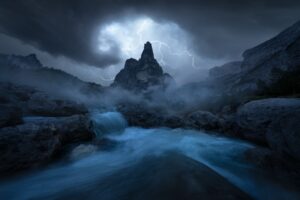
Filip Hrebenda (@filiphrebenda): Landscape and nature photographer
Known for capturing nature’s raw intensity, Filip Breda creates atmospheric landscapes shaped by storm, fire, and light. Winner of the 6th ColorPro Awards for Thunderstorm, his work reflects years of persistence, exploration, and a deep emotional connection to the elements.
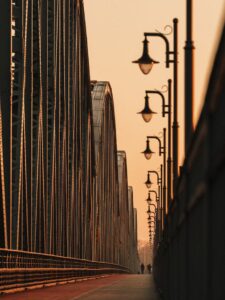
A guide to Toruń, Poland: A golden hour haven for telephoto tales in crimson and gold
Toruń, set along the Vistula River in north-central Poland, is a UNESCO-listed gem where Gothic brick façades glow in the last light of day. Small and unhurried, it’s a city made for slow wandering, and for watching golden hour turn terracotta rooftops into crimson and gold.
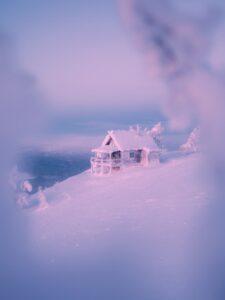
Kasper Rajasuo (@rajasuokasper): Best of the Week 46 at #nomadict
From childhood hikes to award-winning shots, Kasper Rajasuo’s journey is one of rapid evolution and deep connection. In this article, Kasper shares the technical secrets behind his “Santa’s Cabin” winning photo, the four lessons that defined his career, and how he uses color theory to transform harsh Finnish winters into dreamy, serene masterpieces.
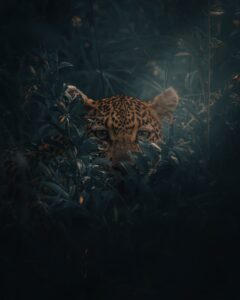
Andy Rider (@andyswildlife): Best of the Week 2 at #nomadict
Andy Rider is a passionate wildlife photographer and filmmaker based in South Africa, dedicated to capturing the raw beauty of nature while raising awareness about conservation. Inspired by legends like Steve Irwin, his journey began as a field guide, where he honed his skills and developed a deep respect for ethical wildlife photography.
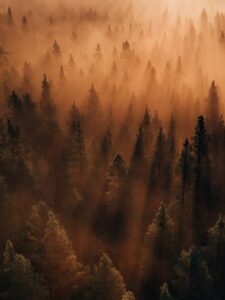
Philipp Pilz (@buchstabenhausen): Best of the Week 43 at #nomadict
In this article, photographer Philipp shares how time, clarity, and consistency have shaped his evolving relationship with nature photography. Drawn ever further north, he writes about embracing uncertainty, working with restraint, and finding beauty even when plans fall apart — including the unlikely story behind his Best of the Week–winning image.
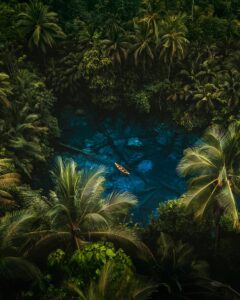
Tom Fähndrich (@tofenpics): Best of the Week 47 at #nomadict
Tom shares the journey behind his winning photography, from a passion for exploration and remote places to field lessons, composition choices, and color grading.
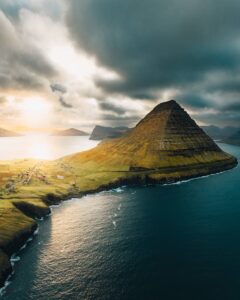
Photo tour in the Faroe Islands
Join us in the Faroe Islands for a unique photo tour, where you’ll elevate your creative skills with expert guidance from Ronald Soethje and Nomadict.
